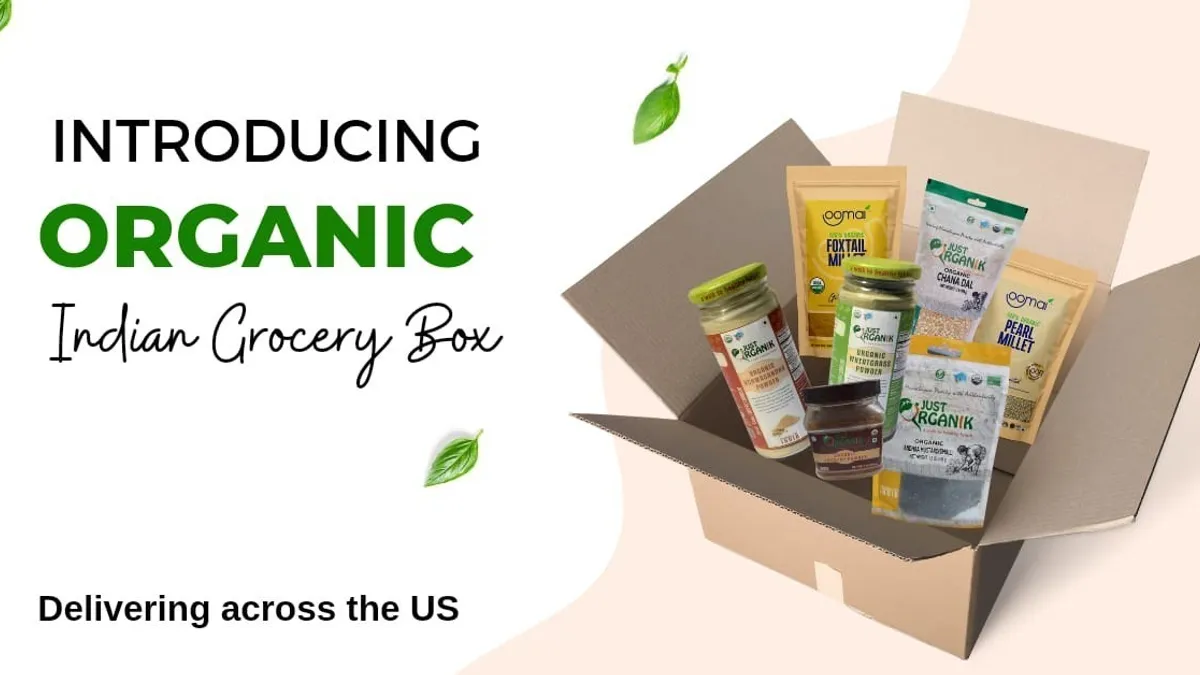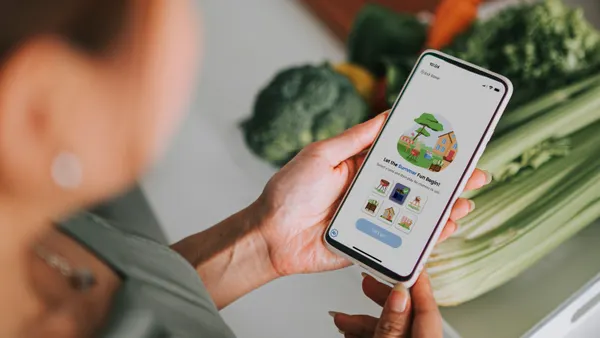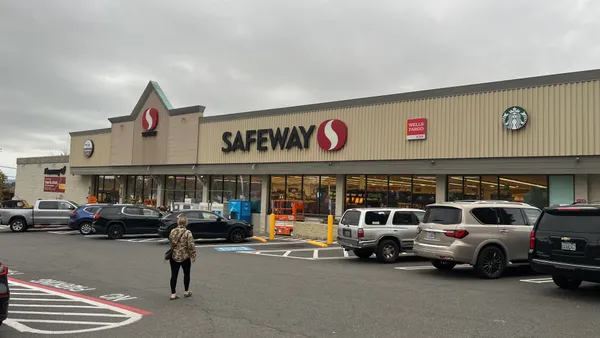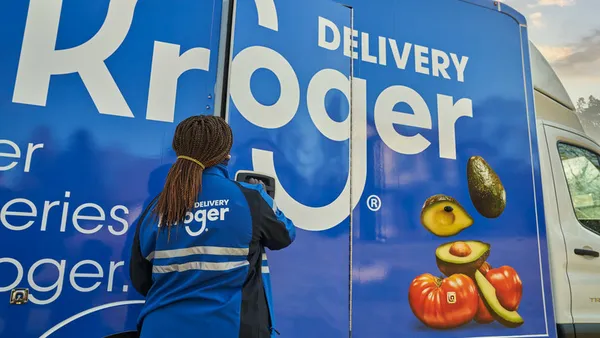Dive Brief:
- South Asian food marketplace Quicklly announced on Wednesday the launch of a subscription box with organic Indian grocery items.
- The subscription box lets shoppers pick a minimum of $30 of fresh and nonperishable items, like produce and oils, and is available as a one-time, weekly, bi-weekly or monthly purchase.
- The new offering by Quicklly comes at a time when online ethnic grocers and food delivery services in the U.S. are expanding.
Dive Insight:
The subscription box follows the online marketplace’s efforts to expand its customer base as competition catering to Asian shoppers ramps up. Recently, Quicklly partnered with San Francisco-based Seeti, which sells Indian meal kits and sauces.
Keval Raj and Hanish Pahwa, Quicklly's co-founders, said in the announcement that the idea for the new subscription box came from customer feedback highlighting difficulties finding organic and authentic Indian groceries.
“While organic food has gone mainstream and has shown considerable growth in conventional grocery stores around the country, customers looking for healthier, organic Indian grocery items are often left to fend for themselves,” the co-founders said in a statement.
With the box, Quicklly said it is looking to streamline the shopping experience for specific ingredients. The subscription box ships for free and can be combined with other orders from the marketplace, which also offers delivery of groceries, restaurant and tiffin (lunchbox) meals and meal kits, along with catering.
Quicklly's model works to digitally connect local businesses with shoppers. Founded in 2017, the company has been growing its presence across the U.S. In the winter, Quicklly announced its first expansion outside of its base in Chicago with its debut in the San Francisco Bay Area. The marketplace has since arrived in the New York-New Jersey metropolitan area.
Quicklly and other online platforms are looking to capitalize on the growing Asian American purchasing power in the U.S., which Nielsen estimates will reach $1.6 trillion by 2024. In March, Quicklly completed a $1.27 million pre-seed funding round that would help the company extend its reach to the nearly 5.4 million South Asians living in the U.S.
That same month, Asian e-grocer Umamicart debuted in the New York metro area and Mid-Atlantic region, and Weee, which recently added Hispanic groceries to its line-up of Asian groceries, announced $315 million in new funding to fuel its North America expansion, increase its product selection and roll out personalization features. Last summer, Chowbus, a delivery platform for Asian food, received a $33 million investment to expand its footprint across the U.S.
Continuing Asian population growth in the country and the rising mainstream popularity of Asian products and culture are helping drive the demand for Asian groceries, Neil Stern, former senior partner at retail strategy and consulting firm McMillanDoolittle and now CEO of California-based Good Food Holdings, said in an interview last year.












